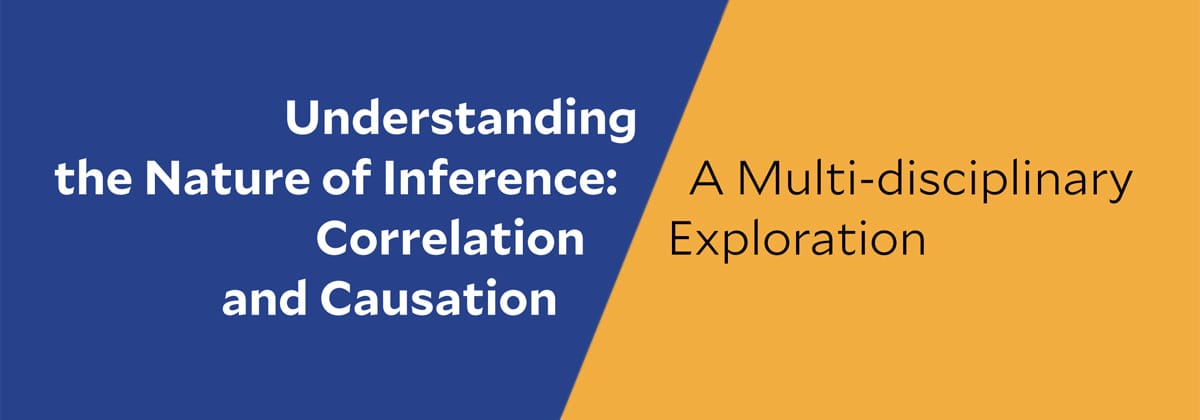
Talk Title: Evolutionary Causation in Biological Anthropology: Lessons from the Study of Monogamy and Fatherhood in Non-human Primates
Biological anthropologists seek to understand the evolutionary biology of humans. They do so studying past and current human populations, as well as populations of our non-human primate relatives. In the first part of his presentation, Dr. Fernandez-Duque will briefly describe the subdisciplines of paleoanthropology, human biology and primatology to illustrate the temporal and space scales over which causal inquiries are formulated in biological anthropology. He will then summarize observational and semi-experimental studies of non-human primates conducted by his group and collaborators in the forests of Ecuador, Perú and Argentina and Primate Centers in the US to understand the evolutionary causes and correlates of monogamy, pair-bonding, and parental care.

Eduardo Fernandez-Duque
I am a biological anthropologist with a general interest in understanding the evolution and maintenance of social systems. My main research interest is to examine the mechanisms that maintain pair-living, sexual monogamy and biparental care and the role that sexual selection may have had in the evolution of them. I am also motivated to study living primates as an approach to understanding the evolution of human behavior. I am particularly interested in male-female relationships, pair bonding and paternal care in humans and non-human primates. You can read more about my research program in the Owl Monkey Project Website
